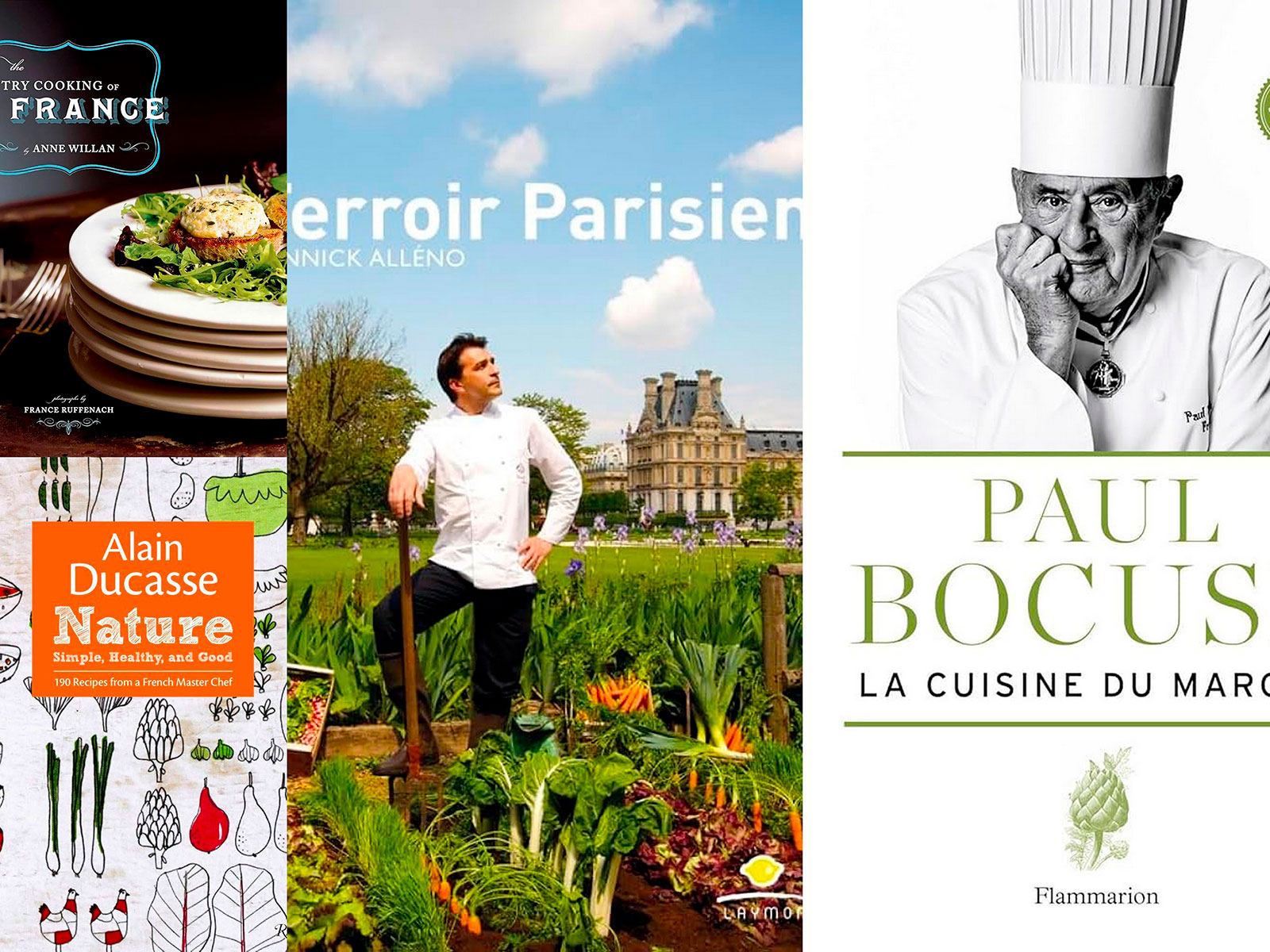Explore expert-selected best French cookbooks ideal for mastering authentic French recipes, from traditional regional dishes to contemporary techniques.
Professional Tourist Introduction
French cuisine remains a global reference, respected for its techniques, rigor, and regional authenticity. Learning French cooking demands precise instruction, detailed recipes, and true insight into local culinary culture. Quality French cookbooks provide essential foundations for professional chefs, culinary students, or passionate amateurs aiming to master this rich culinary tradition. However, selecting the most authoritative books to fully capture France’s culinary essence requires careful consideration. The selection below identifies the best French cookbooks renowned within professional cooking circles for their precision, authenticity, and pedagogical value. From classics like Escoffier’s foundational texts to contemporary authors who provide nuanced insights into regional specialities, these cookbooks are designed for individuals seeking genuine expertise. Beyond recipes, these carefully selected works integrate essential cooking techniques, professional tricks, and cultural context, ensuring a deeper understanding of cooking in France.
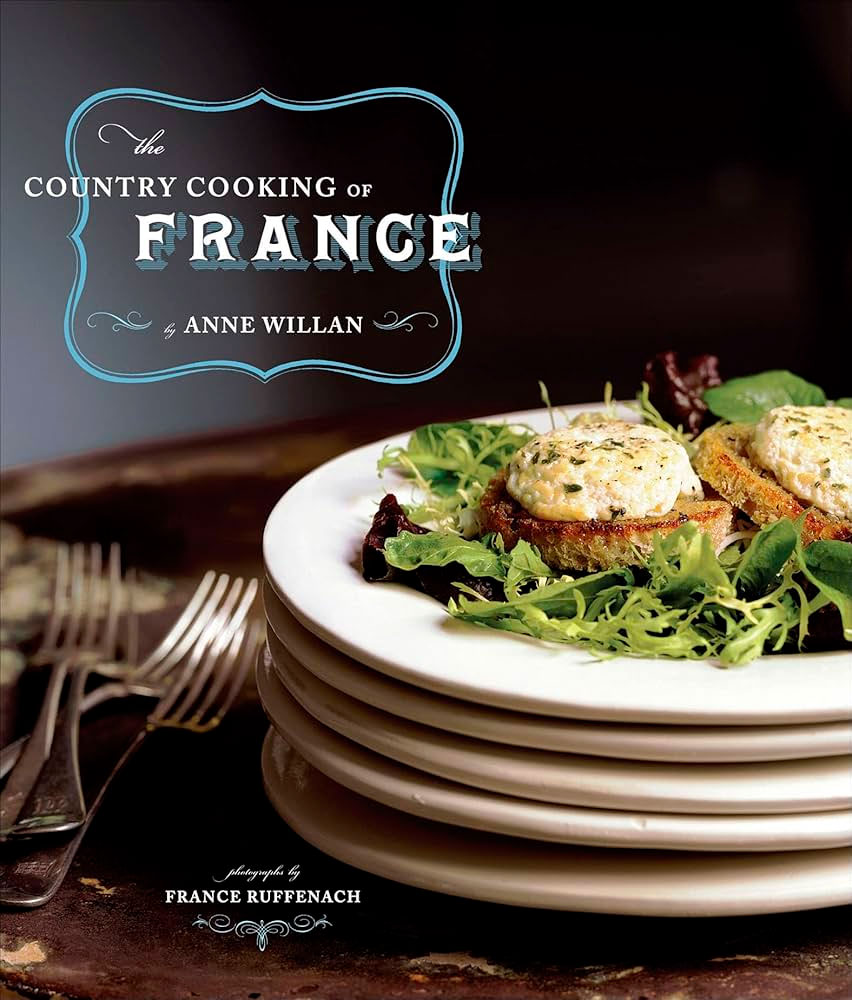
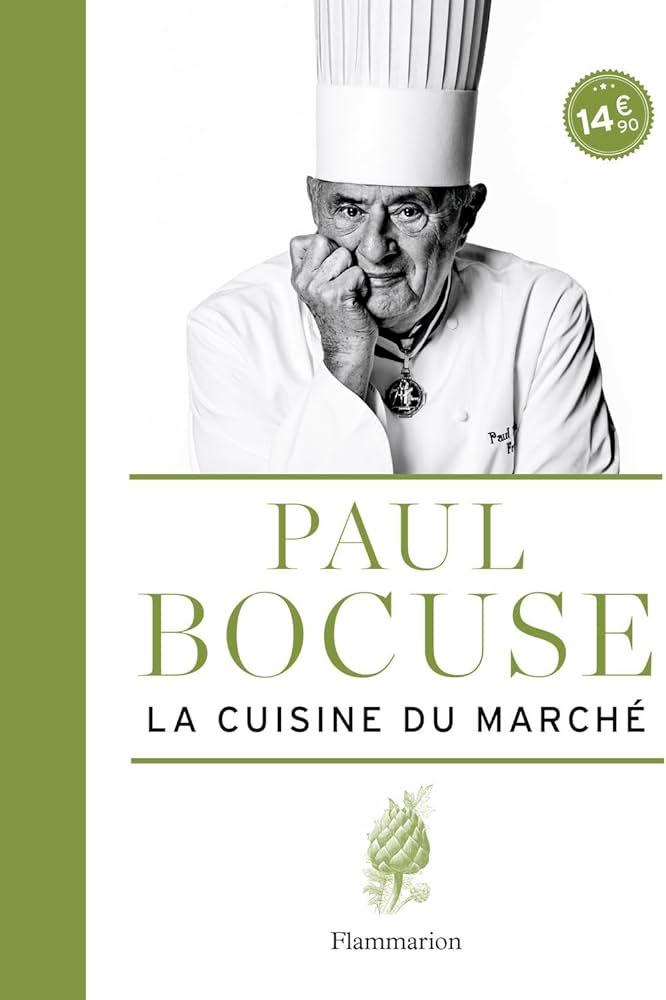
The Essentials: Foundational French Cookbooks
To fully grasp authentic French cooking techniques, foundational books remain essential. Foremost is Auguste Escoffier’s Le Guide Culinaire (1903). This monumental work, still widely used by chefs and cooking schools, compiles approximately 5,000 classic French recipes and techniques, precisely detailed and methodically organized. It costs around 50 euros and represents an invaluable investment for any serious cook. Similarly, Julia Child’s renowned Mastering the Art of French Cooking (1961) provides clear, step-by-step instructions for essential dishes like Boeuf Bourguignon and Quiche Lorraine, vital for mastering French culinary basics.
Another authoritative text is Jacques Pépin’s La Technique (1976), a cornerstone manual illustrating key cooking methods, knife skills, and preparation techniques. The clarity of Pépin’s explanations, coupled with detailed photographs, makes it particularly suitable for professional training. Its follow-up, La Méthode, further expands on this instructional approach.
These fundamental cookbooks prioritize techniques over mere recipes, emphasizing precision, cooking times, temperatures, and precise ingredient measures, essential for anyone seriously pursuing cooking in France. For culinary schools and cooking class with Xperience France, these are required reading, ensuring foundational competence before advancing to contemporary adaptations.
Regional Specialties and Culinary Authenticity
Mastering authentic French recipes demands an in-depth understanding of regional variations. One standout example is Anne Willan’s The Country Cooking of France (2007). Willan’s book expertly compiles over 250 recipes sourced directly from local producers, emphasizing regional authenticity and cultural specificity. Recipes from regions like Normandy, Alsace, and Provence are explained with historical context and practical guidance, making it ideal for professional chefs seeking regional depth. Priced around 35 euros, it is highly recommended among French gastronomy educators.
Another notable reference is Paul Bocuse’s La Cuisine du Marché (1976), focusing exclusively on market-driven cooking from Lyon and its surrounding region. This cookbook thoroughly details ingredients such as poultry from Bresse or Charolais beef, renowned for quality. Bocuse’s practical advice and meticulous attention to seasonal ingredients make it invaluable for professionals committed to ingredient-driven French cooking.
For specialized regional depth, Elizabeth David’s classic, French Provincial Cooking (1960), remains a professional reference. Though British by origin, David profoundly influenced French gastronomy’s international perception through rigorous research and authentic recipes. Her work precisely describes cooking methods, traditions, and typical products, helping professionals understand and reproduce authentic tastes.
Lastly, Stéphane Reynaud’s Ripailles (2007) encapsulates rustic, traditional dishes from various French regions, notably Auvergne and Rhône-Alpes. Reynaud’s robust and exact recipes, accompanied by region-specific insights, offer practical instructions and professional tips for achieving authentic flavor profiles. With a cost around 30 euros, this title is an excellent investment for culinary authenticity.
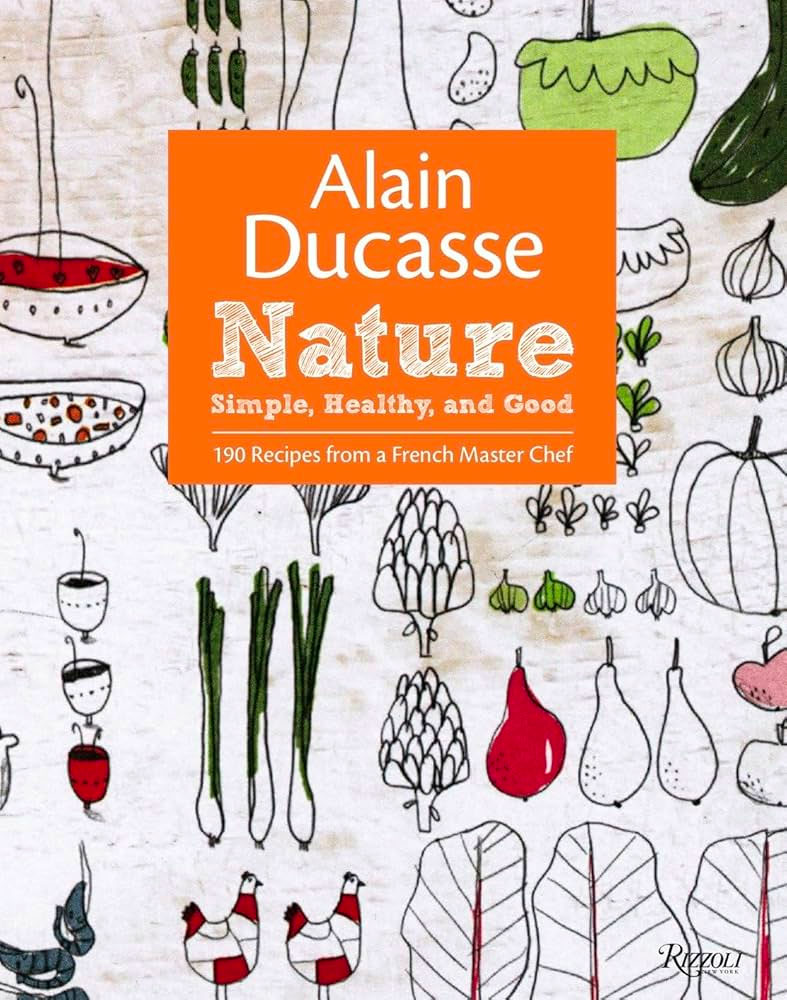
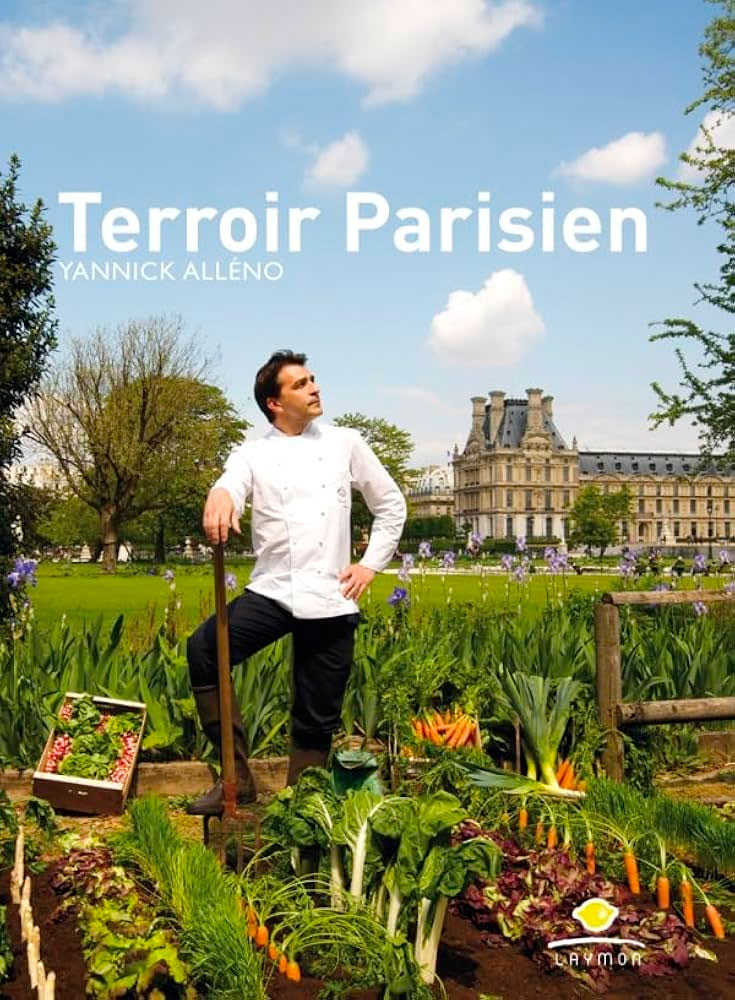
Modern Interpretations and Professional Techniques
Contemporary cookbooks provide updated approaches reflecting current professional practices without compromising authenticity. A prime example is Alain Ducasse’s acclaimed Nature: Simple, Healthy and Good (2012). Ducasse emphasizes precise cooking techniques that highlight seasonal produce, minimalist preparation, and ingredient purity. This book appeals particularly to chefs and culinary professionals aiming for culinary innovation while maintaining traditional integrity. Retailing around 45 euros, it is consistently recommended by professional chefs.
Similarly, Christophe Felder’s Pâtisserie: Mastering the Fundamentals of French Pastry (2013) is essential for professional pastry chefs and serious pastry students. Felder meticulously illustrates classic French pastry recipes, including croissants, éclairs, and millefeuilles, with detailed technical descriptions and clear imagery. With over 800 step-by-step photos, this comprehensive work, available for around 40 euros, is frequently integrated into pastry training curriculums across Europe.
Another indispensable contemporary reference is Joël Robuchon’s The Complete Robuchon (2008). With 800 recipes explained meticulously, Robuchon provides explicit instructions for both traditional dishes and modern adaptations. Known for precision, Robuchon’s recipes specify exact weights in grams, detailed cooking temperatures, and precise timing, essential for professional execution. Its price is approximately 35 euros, making it accessible for both professionals and dedicated amateurs.
Lastly, Yannick Alléno’s Terroir Parisien (2010) offers an exceptional look into Parisian cooking heritage adapted to contemporary tastes. Alléno, a Michelin-starred chef, provides precise recipes for dishes like pot-au-feu and duck confit, emphasizing traditional methods within modern professional kitchen contexts. Priced around 40 euros, it offers practical value, including specific sourcing advice and detailed preparation guidance, ideal for chefs aiming to master modern interpretations of classic Parisian cuisine.
XperienceFrance is your travel specialist in France.
